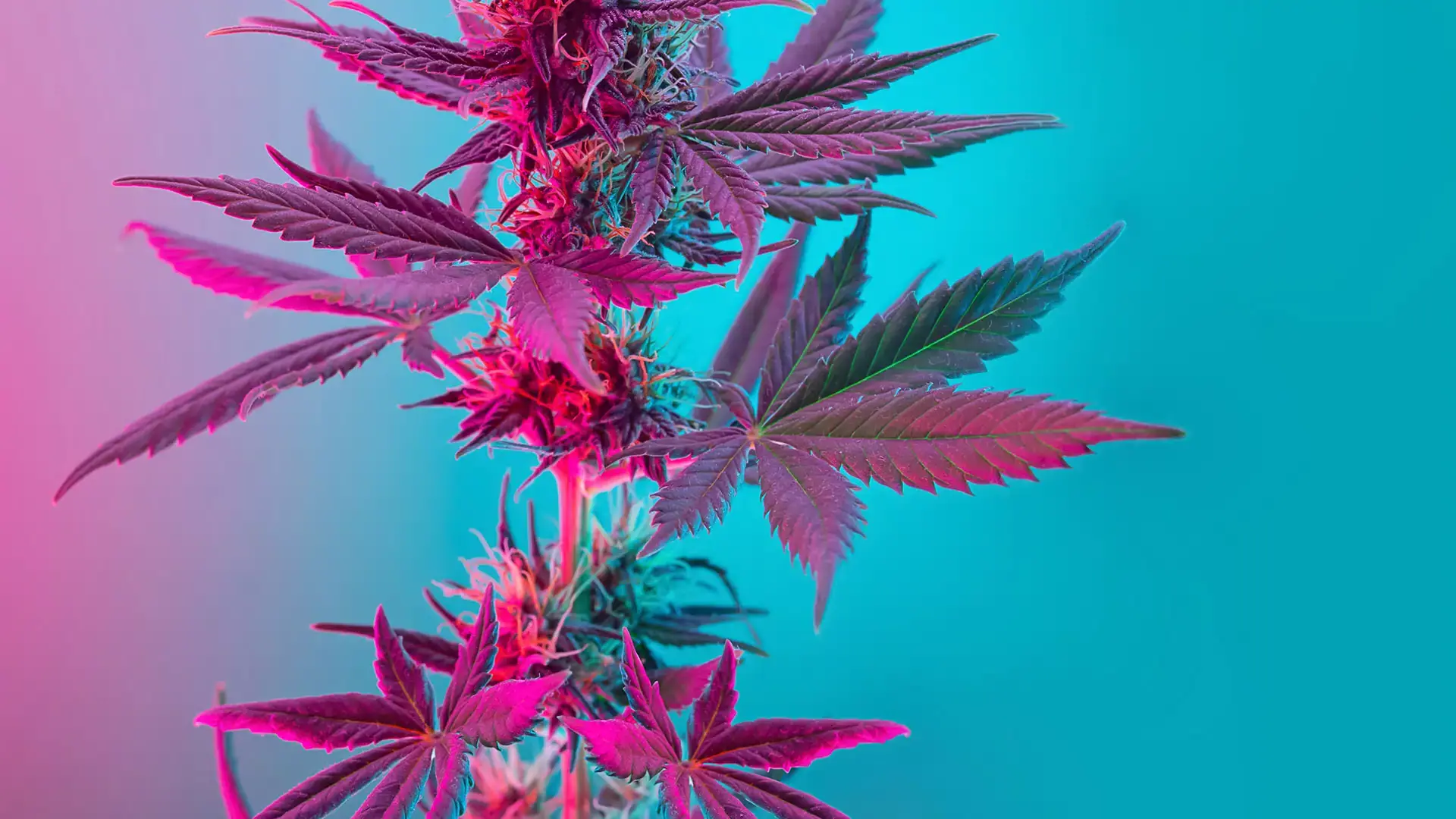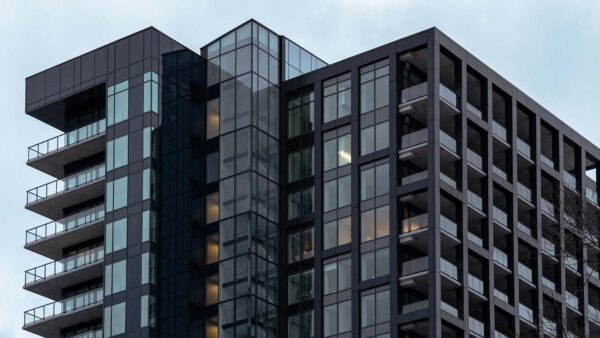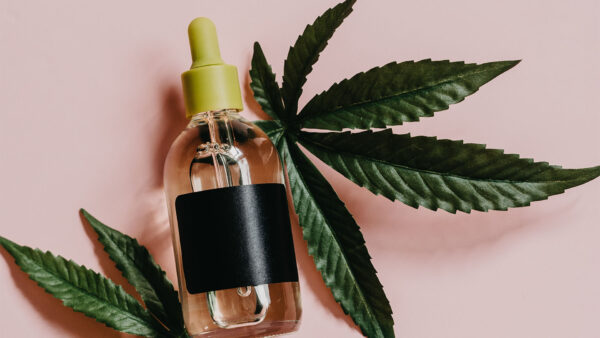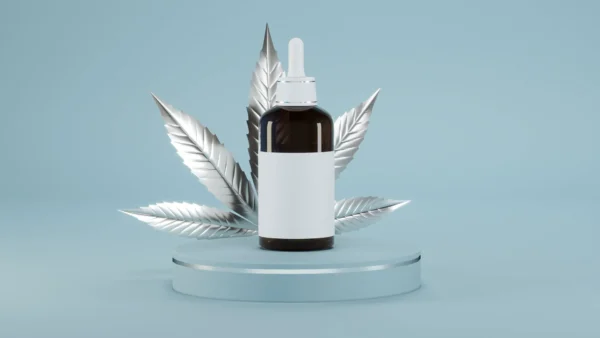Ever since those salad days when cannabis was first legalized in Canada, insurers have had to re-evaluate their stance on cannabis and insurance. Prior to legalization it was black and white – marijuana was illegal, so marijuana was uninsurable.
Today, legalization has meant some gray areas have entered into the equation, leaving homeowners unsure about what is and is not insurable if one decides to cultivate homegrown cannabis plants. So before you go turning that underused storage closet into a grow room, let’s look at some of the implications this decision will have on your insurance policy.
My home insurance policy: Can I put my weed in it?
The short answer is yes. Many insurers will provide coverage for cannabis plants, paraphernalia and growth equipment and cap the coverage for these items at $500 total payable, which is usually at or below deductible levels. This means that there is some coverage for these items in your contents insurance, but by capping the amount payable very near to the deductible you would have to pay yourself anyway, insurers are trying to discourage claims that stem solely from stolen pot plants. Unlike jewelry and antiques, no insurer has yet to come forward with rates to “schedule” these items, meaning you still cannot insure your pot plants individually, even at a higher premium.
Indoor vs outdoor plants: An important distinction
Most insurers will not cover cannabis plants that are grown outdoors as there is too much risk of these plants being stolen, damaged or destroyed! Be sure to specify where your plants are being grown when setting up a policy.
What if I grow more cannabis plants than is permitted by law?
Under the new cannabis laws, you are allowed to grow up to 4 plants in your home for personal use. That’s 4 plants per home, not per person. Any more, and you would be considered a grow-op.
Home insurance DOES NOT cover grow-ops
Furthermore, in order to be considered legal, your personal allotment must be grown using only licensed seeds, clones or plants, which are still not widely available in Ontario. So be careful and diligent. Insurers can deny a claim if these rules are not followed, as your plants would be considered illegal, and hence, uninsurable.
Is there an exception for medical marijuana?
A few issuers of insurance will make an exception to the 4 plant limit for cannabis grown for medical purposes, but most won’t. If you grow more than 4 plants, the insurance company will be wary of doing business with you as the risks involved in growing a basement full of cannabis is too high for a home insurance policy.
Am I covered for cannabis related damage to my home?
If you are growing less than 4 plants, you will be covered for most kinds of damage, as long as the seeds are obtained in a legal manner, and you are not distributing the final product, including any edibles you may have made, to friends and colleagues. And while the risks of damage are less than with a grow-op, certain risks still remain, and should be kept in mind.
Damage risks and coverage for growing cannabis in your home:
| Risk | Explanation | Coverage |
|---|---|---|
| Fire | The risk of fire is higher due to the amount of light and heat required to grow the plants. | Yes |
| Burglary | A single successfully grown plant can be worth up to $5,000 on the open market leaving homes known to be growing them vulnerable. | Yes (If grown indoors) |
| Flooding | If growing hydroponically, there is an increased risk of your water tank overflowing, or the system causing water damage to floors | Yes* |
| Mold | Cannabis grows best in humid conditions…providing a perfect breeding ground for mold | No |
* So long as damage is sudden and accidental. Continuous and ongoing leakage or seepage, condensation etc aren’t covered
Important note! Mold is a form of fungus and as such reproduces through spores released into the air. When these wayward spores find a warm and humid area, they continue to grow using the surfaces they spread to as sustenance. Due to high losses pertaining to mold-related lawsuits during the 1990s, most insurance policies now contain exclusions for mold.
Can I make modifications to my home to create a grow room?
Making any modifications to your home or installing the kind of equipment used to grow cannabis most effectively in your home can increase the risk of fire and flooding, even when you are only growing 4 plants. An ambitious grow room requires rewiring of electricity, heat lamps and the diverting of water flow, and these modifications can have a serious impact on the safety of your home. It is best to let your insurance broker know about any changes to your home so that you can be sure you are covered for any claim you may have to make in the future.
Tip!
You might want to consider growing your plants naturally as this will reduce the risk of damage, and of having your claim subsequently denied. Plus, it has the added bonus of being more environmentally friendly.
How does a grow room affect rental properties and condominiums?
All the risks already inherent in growing pot plants, such as flooding, fire and mold, are greater when you are talking about large apartment buildings or condominiums as they could also impact adjoining properties. If you are renting out your property you may be required to show the insurer that you have included disclosure of marijuana cultivation on the lease agreement you have with your tenant. According to many condo corporations, the main concern they have is the risk of mold. The hot and humid environment associated with the growing of cannabis plants encourages the growth of mold on and behind:
- Drywall
- Roofing
- Fixtures
- Tiling
- Pipe plumbing
Mold can spread rapidly beyond a single unit and is expensive to remove. And what’s more, mold losses are not fully covered by home insurance.
What about personal liability?
It’s worth remembering that serving marijuana in any form to a houseguest has the same implications regarding personal liability as it does with serving alcohol. There are a number of ways you could be liable:
- A guest injures themselves in your home after partaking in some of your homegrown weed
- A guest has an unexpected reaction to cannabis that leads to complications with their health
- There are impurities in the plant, or the marijuana is tainted somehow
- A guest drives home from your property and gets into a collision along the way
These are just some of the grey areas to consider when deciding on growing cannabis plants in your home. Be sure to talk to your insurance broker in an open and honest way about your new hobby, and make sure you are fully covered should misfortune arise by staying strictly within the parameters of the law.
Looking for home insurance?
Speak with a Mitch Insurance broker today to get a quote on Ontario home insurance. Learn more >
Call now
1(403)8000267







